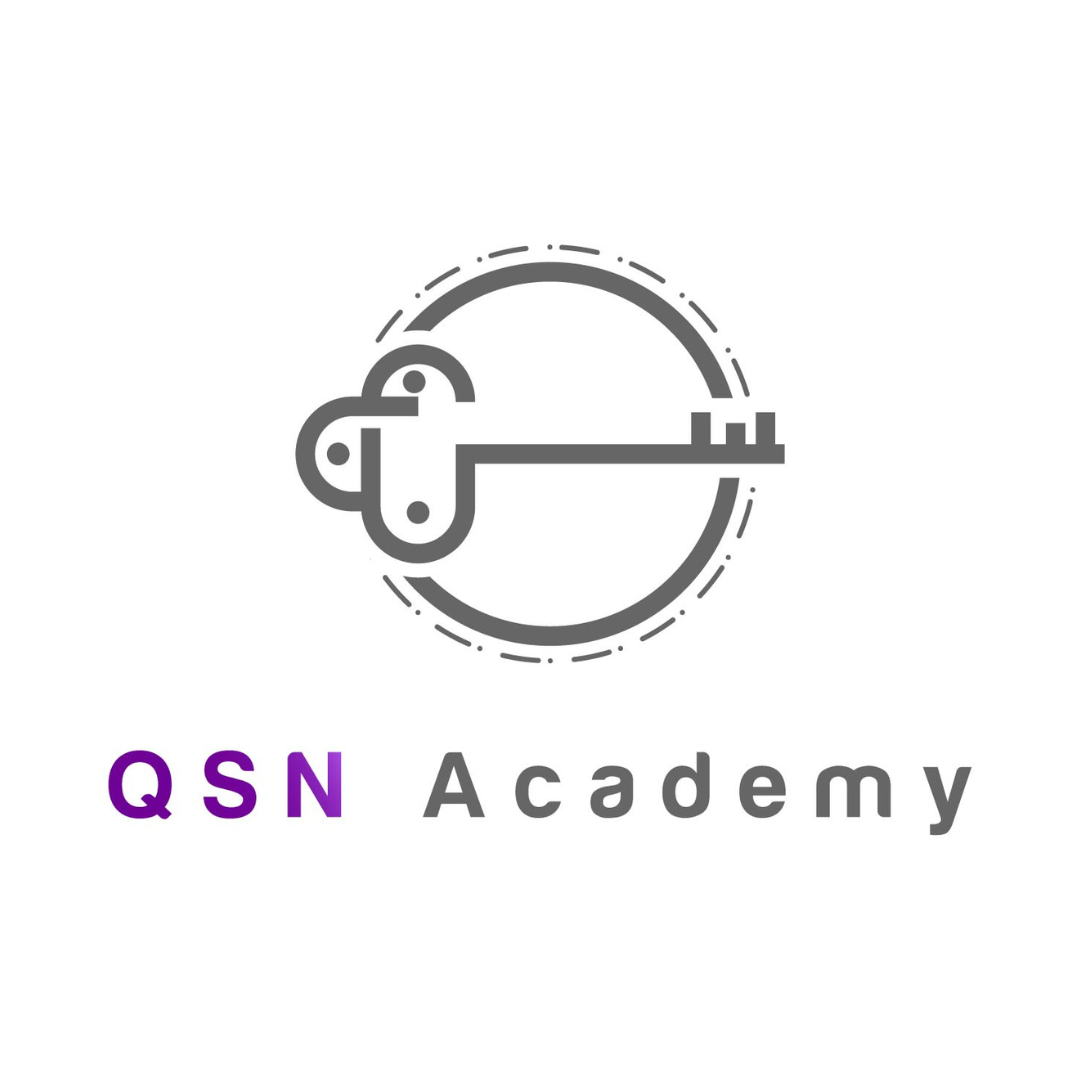
Mentoring of Key Staff After Training
Following initial training, particularly in pharmaceutical, biotechnology, and therapeutic goods industries, mentoring of key staff is critical for embedding knowledge, reinforcing correct behaviours, and cultivating a culture of quality and scientific integrity. Mentoring acts as the bridge between theoretical understanding and effective real-world application.
At QSN Academy mentoring is recognised as a vital component of staff development frameworks. This article examines the scientific rationale, regulatory relevance, and operational strategies for implementing structured mentoring programs following staff training in GMP-regulated organisations.
Why Mentoring Matters After Training
Initial staff training provides foundational knowledge and awareness of GMP, SOPs, laboratory techniques, and regulatory expectations. However, transitioning this knowledge into consistent, accurate performance requires sustained guidance and reinforcement. Mentoring fills the gap by:
Strengthening task proficiency under supervision.
Supporting confidence building in new or complex roles.
Reinforcing quality mindset and critical thinking skills.
Minimising errors and reducing non-conformances.
For key staff—such as supervisors, QA officers, laboratory analysts, and formulation scientists—mentoring enhances leadership capabilities and ensures that technical expertise aligns with regulatory and operational demands.
Regulatory and Quality Framework Support
Mentoring aligns with global regulatory expectations that require organisations to demonstrate that staff are not only trained but competent. Regulatory bodies including the TGA, FDA, and EMA expect evidence of:
Ongoing performance assessment post-training.
Supervised application of procedures during a defined competency period.
Continuous development for personnel in critical roles.
GMP principles require a state of continuous improvement and vigilance in maintaining quality. Mentoring helps maintain this state by ensuring that newly trained staff continue to apply best practices correctly and that experienced staff are supported in adapting to evolving regulations and procedures.
Key Components of Effective Mentoring Programs
For mentoring to be effective in a scientific and regulated environment, it must be structured, measurable, and aligned with quality systems. The following components define a successful post-training mentoring program:
Selection of Qualified Mentors
Mentors should be technically competent, experienced in the relevant area, and capable of teaching and modelling appropriate behaviours. Selection criteria may include:
Subject matter expertise.
Familiarity with GMP, GLP, or GxP systems.
Strong communication and interpersonal skills.
A history of compliant and high-quality work.
Mentors must also understand their responsibilities, including documentation requirements and the boundaries of mentorship versus supervision.
Clear Mentoring Objectives
Each mentoring engagement must begin with defined objectives based on:
The employee’s role and responsibilities.
Competency gaps identified during or after training.
Performance goals or expected behaviour outcomes.
Objectives should be documented and agreed upon by the mentor, mentee, and line manager to ensure clarity and accountability.
Structured Mentoring Plans
A mentoring plan includes scheduled sessions, defined activities, and regular progress evaluations. Activities may include:
Shadowing of mentors during complex procedures.
Joint performance of critical tasks with real-time feedback.
Discussion of deviation reports and CAPA processes.
Review of data interpretation or laboratory notebooks.
Mentoring periods typically last between one and three months, depending on role complexity and performance. However, flexible timelines may be needed for roles involving high-risk activities.
Integration with Quality Documentation Systems
Mentoring must be traceable, just like training. Documentation should include:
Mentoring objectives and scope.
Log of sessions, observations, and feedback.
Competency sign-off forms and final evaluations.
This documentation is critical for audit readiness and ensures alignment with the organisation’s training matrix and quality systems.
Benefits of Mentoring for Key Staff
Mentoring is particularly impactful for key staff—those who have decision-making responsibilities, data review duties, or technical leadership roles. The benefits include:
Enhanced Decision-Making Competence
In regulated R&D, decisions must be evidence-based, scientifically justified, and compliant with SOPs and regulatory expectations. Mentoring provides the opportunity to:
Discuss and review case studies involving deviations, out-of-specification results, or CAPA.
Develop rational, risk-based approaches to troubleshooting.
Understand when to escalate issues to QA or senior management.
Improved Confidence and Communication
Staff in leadership or supervisory positions must communicate effectively across departments and with regulatory inspectors. Mentoring helps:
Develop professional communication skills.
Practice articulating technical justifications.
Receive constructive feedback on interactions and documentation.
Reinforcement of Quality Culture
Mentors serve as cultural role models, promoting attention to detail, documentation integrity, and proactive risk management. This is especially important when transitioning new hires into established teams or preparing individuals for promotions.
Challenges in Implementing Mentoring Programs
While mentoring offers numerous advantages, its implementation requires planning and resources. Common challenges include:
Time constraints on mentors and mentees.
Lack of formal mentoring training for mentors.
Inconsistent documentation practices.
Difficulty matching mentors to mentees in niche technical areas.
To overcome these challenges, organisations should:
Allocate time for mentoring in staff schedules.
Provide mentor training as part of leadership development.
Use standardised mentoring templates and logs.
Rotate mentors or establish mentoring panels for broader expertise coverage.
Continuous Evaluation of Mentoring Outcomes
Mentoring effectiveness should be assessed through both qualitative and quantitative measures. Key performance indicators may include:
Mentee performance metrics (error rates, deviation involvement, task completion).
Feedback from mentors, mentees, and line managers.
Audit and inspection outcomes.
Retention rates of newly trained personnel.
Surveys and structured interviews can provide insight into the mentoring experience and identify areas for improvement in the program design.
Strategic Integration with Organisational Development
Mentoring should not be an isolated activity—it should be integrated into the organisation’s talent development, succession planning, and compliance strategies. QSN Academy recommends:
Including mentoring as part of onboarding for critical roles.
Linking mentoring completion to readiness for independent work or promotion.
Recognising and rewarding effective mentors.
Reviewing mentoring outcomes in quality management reviews.
When viewed strategically, mentoring becomes a tool for strengthening operational resilience, improving audit readiness, and ensuring a sustainable pipeline of capable personnel.
Conclusion
Mentoring of key staff following staff training is a critical element of workforce development in GMP-regulated R&D environments. It reinforces training, builds confidence, improves compliance, and supports scientific excellence.
By implementing structured, competency-based mentoring programs, organisations can ensure that personnel are not only qualified but also capable of applying knowledge in real-world, high-stakes situations.
QSN Academy supports organisations in designing and implementing effective mentoring systems that align with quality, compliance, and business goals. Through our scientific and regulatory expertise, we help foster the next generation of qualified, confident, and compliant professionals in the pharmaceutical and biotechnology industries.
